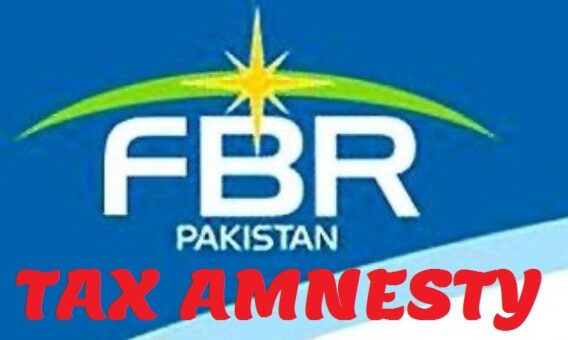KARACHI: An amount above Rs15,000 paid in cash as salary will not be treated as income and employers will not be allowed adjustment.
The FBR officials said that any salary paid or payable exceeding Rs15,000 per month other than by a crossed cheque or direct transfer of funds to the employee’s bank account will not be allowed deduction as expenditure to an employer.
The FBR said that Section 21 of Income Tax Ordinance, 2001 explained the deductions that are not allowed.
Section 21: Deductions not allowed
Except as otherwise provided in this Ordinance, no deduction shall be allowed in computing the income of a person under the head “Income from Business” for —
(a) any cess, rate or tax paid or payable by the person in Pakistan or a foreign country that is levied on the profits or gains of the business or assessed as a percentage or otherwise on the basis of such profits or gains;
(b) any amount of tax deducted under Division III of Part V of Chapter X from an amount derived by the person;
(c) any expenditure from which the person is required to deduct or collect tax under Part V of Chapter X or Chapter XII, unless the person has paid or deducted and paid the tax as required by Division IV of Part V of Chapter X:
Provided that disallowance in respect of purchases of raw materials and finished goods under this clause shall not exceed twenty per cent of purchases of raw materials and finished goods:
Provided further that recovery of any amount of tax under sections 161 or 162 shall be considered as tax paid.”
(ca) any amount of commission paid or payable in respect of supply of products listed in the Third Schedule of the Sales Tax Act, 1990, where the amount of commission paid or payable exceeds 0.2 percent of gross amount of supplies thereof unless the person to whom commission is paid or payable, as the case may be, is appearing in the active taxpayer list under this Ordinance;
(d) any entertainment expenditure in excess of such limits 2[or in violation of such conditions] as may be prescribed;
(e) any contribution made by the person to a fund that is not a recognized provident fund3[,]4[approved pension fund], approved superannuation fund or approved gratuity fund;
(f) any contribution made by the person to any provident or other fund established for the benefit of employees of the person, unless the person has made effective arrangements to secure that tax is deducted under section 149 from any payments made by the fund in respect of which the recipient is chargeable to tax under the head “Salary”;
(g) any fine or penalty paid or payable by the person for the violation of any law, rule or regulation;
(h) any personal expenditures incurred by the person;
(i) any amount carried to a reserve fund or capitalised in any way;
(j) any profit on debt, brokerage, commission, salary or other remuneration paid by an association of persons to a member of the association;
(l) any expenditure for a transaction, paid or payable under a single account head which, in aggregate, exceeds fifty thousand rupees, made other than by a crossed cheque drawn on a bank or by crossed bank draft or crossed pay order or any other crossed banking instrument showing transfer of amount from the business bank account of the taxpayer:
Provided that online transfer of payment from the business account of the payer to the business account of payee as well as payments through credit card shall be treated as transactions through the banking channel, subject to the condition that such transactions are verifiable from the bank statements of the respective payer and the payee:
Provided further that this clause shall not apply in the case of—
(a) expenditures not exceeding ten thousand rupees;
(b) expenditures on account of —
(i) utility bills;
(ii) freight charges;
(iii) travel fare;
(iv) postage; and
(v) payment of taxes, duties, fee, fines or any other statutory obligation;]
(m) any salary paid or payable exceeding 3[fifteen] thousand rupees per month other than by a crossed cheque or direct transfer of funds to the employee’s bank account;
(n) except as provided in Division III of this Part, any expenditure paid or payable of a capital nature; and
“(o) any expenditure in respect of sales promotion, advertisement and publicity in excess of ten percent of turnover incurred by pharmaceutical manufacturers.”


